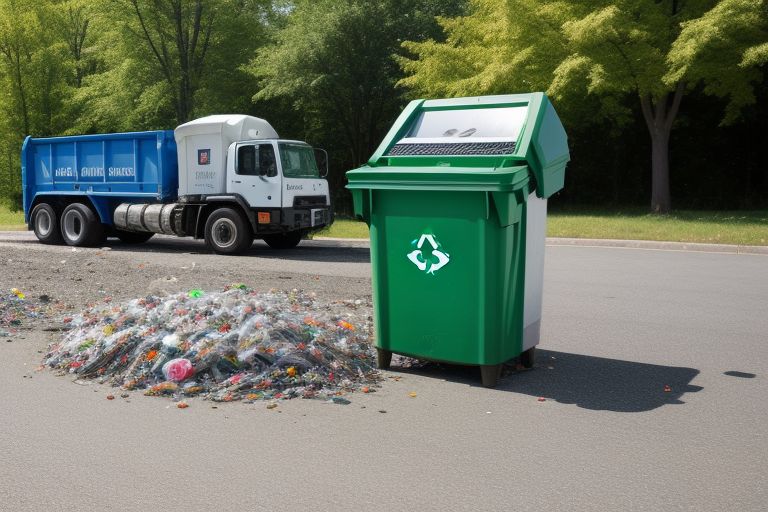In a groundbreaking development in waste management, a new recycling technology has emerged that can transform plastic waste into usable fuel. This innovative approach not only offers a promising solution to the global plastic pollution crisis but also provides an alternative energy source, potentially revolutionizing both the recycling and energy industries.
Addressing the Plastic Crisis
The world produces over 300 million tons of plastic each year, a substantial portion of which ends up in landfills or the natural environment, causing significant ecological damage. Traditional recycling methods have not been sufficient to address the scale of this issue, as they often involve complex sorting and processing that can be economically unfeasible. The new technology aims to tackle this problem by converting plastic waste directly into fuel, bypassing the need for sorting and making the recycling process more efficient and financially viable.
How the Technology Works
The technology uses a process called pyrolysis, which involves heating plastic waste in an oxygen-free environment to break it down into smaller molecules. These molecules can then be condensed into various types of fuel, including diesel, kerosene, and even gasoline. This process can handle a variety of plastic types, including some that are traditionally non-recyclable.
Environmental and Economic Benefits
Reduction in Plastic Waste
By converting plastic waste into fuel, this technology significantly reduces the volume of waste that ends up in landfills or pollutes natural environments, helping to alleviate a major environmental issue.
Alternative Energy Source
The fuel produced from plastic waste can be used in existing engines and infrastructures, providing an alternative energy source that can reduce dependency on fossil fuels, thereby contributing to energy security and sustainability.
Economic Viability
This method of recycling is potentially more cost-effective than traditional methods, as it produces a valuable end product — fuel — from materials that would otherwise constitute an economic burden as waste.
Challenges and Considerations
While the technology presents a revolutionary approach to recycling and energy production, it also faces several challenges:
- Emissions and Byproducts: The process of converting plastic to fuel can produce emissions and byproducts that need to be managed carefully to avoid creating new environmental problems.
- Regulatory Hurdles: As with any new technology, there are regulatory challenges related to the approval and implementation of facilities that convert waste to fuel, particularly concerning emissions and waste handling.
- Market Factors: The economic feasibility of the technology depends heavily on oil prices, as the demand for alternative fuels can fluctuate with the market.
Future Prospects and Developments
Research and development in this area are ongoing, with many scientists working to improve the efficiency and environmental footprint of the pyrolysis process. Future advancements may lead to even cleaner and more effective methods of converting plastic waste to fuel, potentially including the ability to process other types of waste.
Conclusion
The development of technology that turns plastic waste into fuel marks a significant step forward in the quest for sustainable waste management and energy production. As the technology matures and overcomes existing challenges, it holds the promise of significantly impacting how societies manage waste and produce energy, turning a major environmental liability into a valuable resource.























+ There are no comments
Add yours